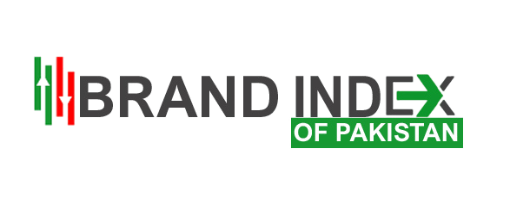Data Collection:
Data is collected from a variety of credible sources, including structured consumer surveys, independent third-party audits, corporate disclosures, and publicly accessible records. This multi-source approach ensures accuracy, depth, and reliability in brand performance evaluation and analysis.

